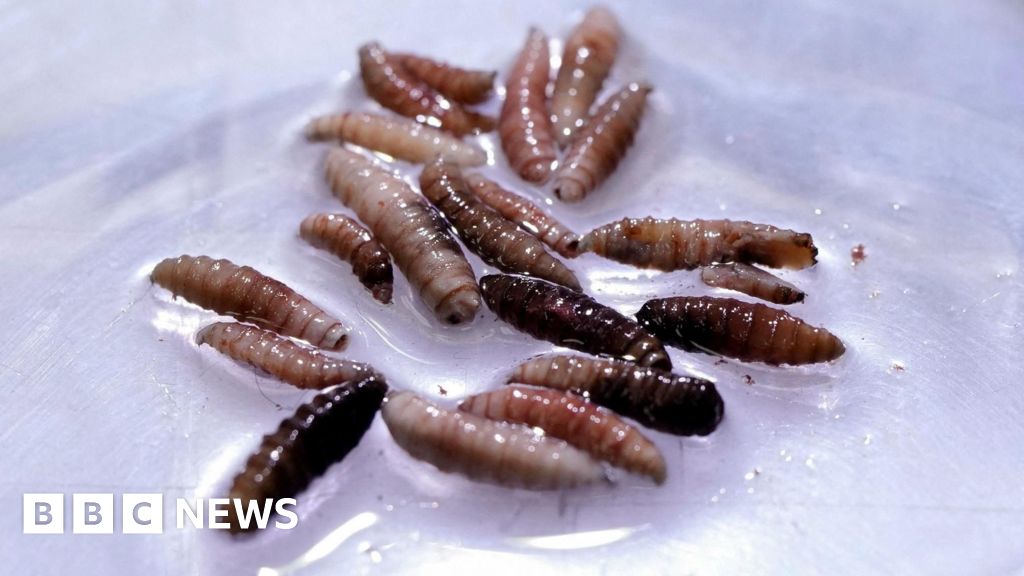Organic and baby carrots sold in grocery stores nationwide are being recalled due to a serious E. coli outbreak linked to these products. The outbreak has resulted in one death, with 15 individuals currently hospitalized and 39 confirmed cases reported across 18 states, according to the Centers for Disease Control and Prevention (CDC). The recalled carrots, primarily bagged products from Grimmway Farms, include those sold at major supermarket chains such as Trader Joe's, Whole Foods's 365 line, Target’s Good & Gather, Walmart’s Marketside, and Wegmans, among others.
Health officials indicate that while these products are likely off store shelves, they may still be in consumers’ homes. People are advised to either dispose of these items or return them for refunds. The affected carrots do not bear a best-if-used-by date but were available for purchase between August 14 and October 23 for whole carrots, while the baby carrots with specific dates ranging from September 11 to November 12 are also part of the recall.
Reports of infected individuals are concentrated in New York, Minnesota, and Washington, followed closely by residents in California and Oregon. The CDC stresses the importance of cleaning and sanitizing any surfaces that may have come into contact with the affected carrots. Symptoms associated with E. coli O121 include severe stomach cramps, diarrhea, and vomiting, which typically arise three to four days post-exposure. Although most people recover without medical intervention, there is a risk of severe kidney complications that may necessitate hospitalization.
This E. coli outbreak follows another recent incident tied to slivered onions in McDonald's Quarter Pounder burgers, which resulted in 104 illnesses. The U.S. Food and Drug Administration (FDA) reported one death and numerous hospitalizations linked to that outbreak.
Health officials indicate that while these products are likely off store shelves, they may still be in consumers’ homes. People are advised to either dispose of these items or return them for refunds. The affected carrots do not bear a best-if-used-by date but were available for purchase between August 14 and October 23 for whole carrots, while the baby carrots with specific dates ranging from September 11 to November 12 are also part of the recall.
Reports of infected individuals are concentrated in New York, Minnesota, and Washington, followed closely by residents in California and Oregon. The CDC stresses the importance of cleaning and sanitizing any surfaces that may have come into contact with the affected carrots. Symptoms associated with E. coli O121 include severe stomach cramps, diarrhea, and vomiting, which typically arise three to four days post-exposure. Although most people recover without medical intervention, there is a risk of severe kidney complications that may necessitate hospitalization.
This E. coli outbreak follows another recent incident tied to slivered onions in McDonald's Quarter Pounder burgers, which resulted in 104 illnesses. The U.S. Food and Drug Administration (FDA) reported one death and numerous hospitalizations linked to that outbreak.





















